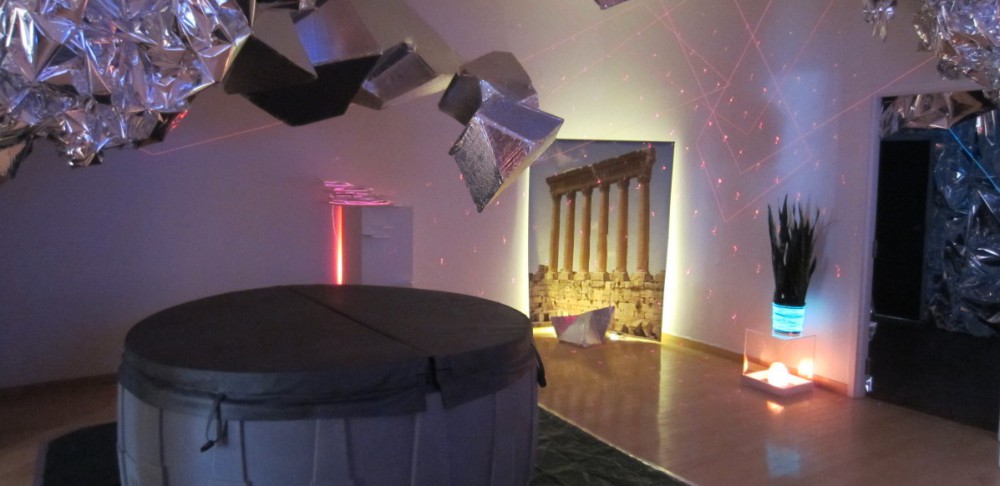Free-writing exercise and discussion: What can we learn about a text we don’t like?
– Analyzing critically: emotions get in the way of people intellectually critiquing.
– Self-reflection and self-awareness: whether we enjoy or dislike a work, we ask ourselves why.
– We are forced to see an opposing view.
Discussion: Why does the majority of the class dislike Woman at the Edge of Time?
– Chris: Don’t like Connie as a character, no development at all. Also Connie is a bigot (towards the future family structure, upbringing style, etc).
– Andrew: The way the story is written, not engaging, too much back-story and exposition.
– Randy: Introduces elements and does not develop them, or they are solved simplistically.
– Aaron: Too many characters, overload. Becomes confusing.
– Joel: Connie’s life story is depressing.
– Donovan: There seems to be no point/purpose to the narrative.
– Danny: Progression of the story is very slow.
– Eugene: Brings up themes of race, gender, social disparity, yet nothing is done about them.
– Surge: Undeveloped themes.
– Jonathan: Confusing explanations.
Prof. Belli response:
– In utopian literature, typically if the message of the narrative is relevant, the characterization is underdeveloped. The main character becomes an “outsider”, a proxy for the reader. The other characters then proceed to explain.
– Historically, utopias are didactic in nature, whereas in dystopias the world is already made and the reader is thrust into the action (ex. Brave New World).
A look at excerpts from Woman at the Edge of Time blog posts:
– Talk about inverting chapters 1 and 2. Discontinuous narrative.
– Connie’s identity linguistically, socially and sexually.
– Lewis vs. Luis: aspirations to another identity.
– Connie’s three identities: Consuelo, Connie and Conchita.
Group Exercise: Identifying all of Connie’s characterizations and the individuals or entities that view her as those characters.
Results: throughout the book Connie is perceived by herself and by others as: mother, woman, very poor, impoverished, receptive, depressed, proud (as a woman), Chicana/Latina, secretary/mistress, survivor, pickpocket, maid/cleaning lady, mentally unstable and unfit for being a mother.
Vocabulary:
Righteous Indignation – being mad/angry in a condescending & superior way.
Didactic – preachy, educating in an annoying/pompous manner.
Extraneous – additional information that is not needed.
FOR NEXT WEEK
– Quiz on the book
– Catch up on readings
– Read Science Fiction: A Short Introduction (chapter 4: “Utopias and dystopias” & chapter 5: “Fictions of time”)
– Individual conferences over the course of the week, one-on-one with Prof. Belli to discuss: progress in class, essay #1, midterm, ideas based on free-writing and beginning of project #2.
If you were absent this week, contact Prof. Belli to schedule an appointment during office hours before next class. If you don’t show up it counts as an absence.
–end of transmission–



